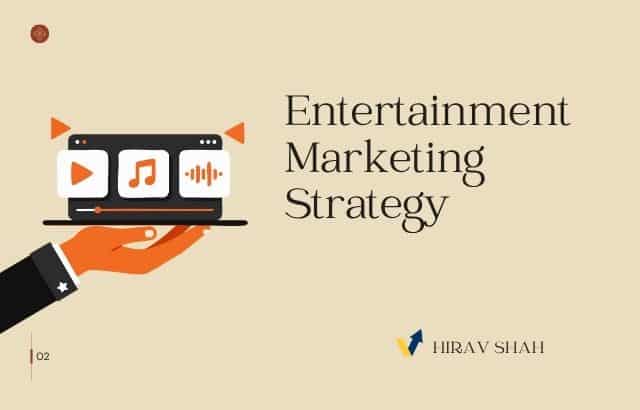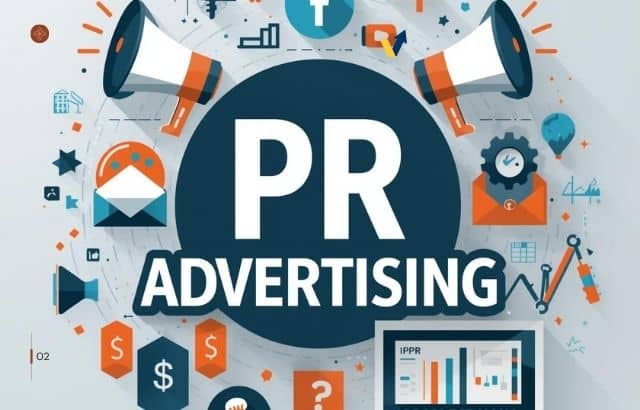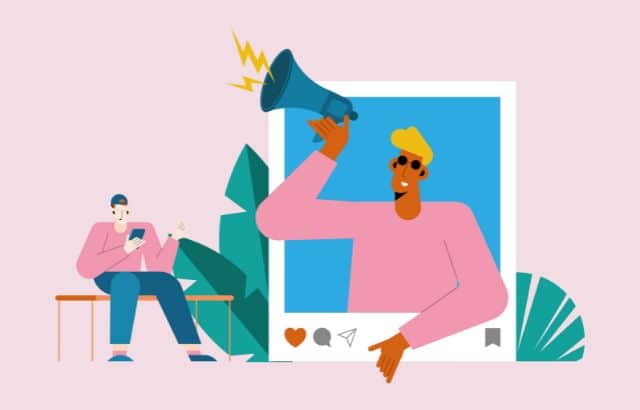Understanding the distinctions between marketing, PR, advertising, and entertainment marketing is crucial for businesses looking to stay ahead. As Hirav Shah, a renowned Business Strategist and the Game Changer in the field, explains, there is a strategic difference between these approaches, each serving a unique purpose in shaping consumer behavior and influencing brand perceptions.
Table of Contents
What is Entertainment Marketing?
Entertainment marketing is an innovative facet of marketing that uses the power of entertainment media—movies, TV shows, music, games, and celebrity endorsements—to connect brands with consumers in a subtle, organic way. Unlike traditional advertising, which often feels like an interruption, entertainment marketing integrates a brand into the content that consumers already love, creating a natural connection that resonates with them.
When done correctly, entertainment marketing doesn’t feel like marketing at all. Think about the last time you saw a popular TV character sipping a specific beverage or using a well-known smartphone brand. It’s likely that you didn’t see it as an advertisement, but your brain made a connection between that product and the character’s persona or lifestyle.
PR and Advertising: Defined
Advertising
Advertising is the most direct form of promotion. It involves paying for space to display ads across multiple media platforms—TV, radio, print, and digital ads like banners or social media pop-ups. These ads are designed to grab attention, but they can often feel intrusive or disruptive, especially as consumers increasingly find ways to avoid them.
For example, a 30-second TV spot or a full-page print ad is classic advertising. It communicates a clear message about the brand and its product. However, these methods are becoming less effective as audiences are increasingly bombarded with too much content, leading to “ad fatigue.”
Public Relations (PR)
PR, on the other hand, is all about building relationships and credibility. The focus here is on creating positive brand awareness through earned media. This could be in the form of news coverage, influencer endorsements, or even word-of-mouth marketing. PR doesn’t involve direct paid advertising, but rather seeks to shape public opinion and establish the brand as trustworthy or credible through storytelling.
PR tactics might include getting your product featured in a reputable magazine, securing a positive review, or having an influencer publicly speak about your brand.
How Marketing Differs from PR and Advertising
While advertising and PR focus on either directly selling a product or shaping public opinion, marketing encompasses both of these strategies while also focusing on understanding consumer behavior. Marketers analyze their target audience’s habits, preferences, and consumption patterns, then use that data to create strategies that will most effectively reach that audience.
For instance, a business strategist like Hirav Shah uses data insights to craft a comprehensive marketing plan that might include a blend of advertising, PR, influencer campaigns, and entertainment marketing. The goal is not just to push a product, but to create lasting brand loyalty by resonating with consumers on a deeper level.
Entertainment Marketing: The Game Changer
Entertainment marketing stands apart because it taps into the world of entertainment—something that audiences are already deeply engaged with. This type of marketing makes brands feel part of the content rather than an intrusion. For example:
- Product Placement in Movies or TV Shows: Think about the way characters in James Bond films use Omega watches or drive Aston Martins. These brands are seamlessly integrated into the storyline, creating a subconscious association with luxury, precision, and high performance.
- Social Media Influencer Campaigns: Imagine seeing a famous celebrity like Zendaya using a specific beauty brand in her Instagram posts. This type of endorsement often feels more authentic than traditional ads because it is embedded within the content people are already consuming.
- Celebrity Endorsements: A brand like Nike gains immense visibility through athletes like LeBron James or Serena Williams. Their association with the brand doesn’t just sell shoes—it tells a story about performance, excellence, and culture.
Research shows that 44% of consumers have purchased a product after seeing it featured in entertainment content. That’s a powerful endorsement of how influential entertainment marketing can be.
How Entertainment Marketing Benefits Your Brand
Entertainment marketing offers a unique advantage in today’s ad-saturated world. As traditional advertising becomes less effective, brands need to find ways to engage consumers without resorting to overt sales tactics. Entertainment marketing does just that by creating authentic, organic connections between brands and their target audience.
Example of Successful Entertainment Marketing
One of the most iconic examples of entertainment marketing is the Coca-Cola “Share a Coke” campaign. Instead of using traditional advertising methods, Coca-Cola leveraged social media, product placement, and consumer engagement to get people talking about the brand. They customized bottles with popular names and encouraged consumers to share their experiences, creating a viral moment.
Similarly, Apple has mastered product placement in entertainment. From using their MacBooks in popular TV shows to having their iPhones featured prominently in movies, Apple integrates its products into the content people consume, making the brand feel like a natural part of everyday life.
The Role of a Business Strategist in Entertainment Marketing
A business strategist like Hirav Shah plays a pivotal role in aligning entertainment marketing with a company’s overall strategy. Hirav Shah’s expertise lies in blending creativity with data-driven decisions to build marketing campaigns that don’t just stand out but also drive real results.
A strategist in entertainment marketing will:
- Identify Audience Trends: Analyze consumer behaviors and preferences to develop a strategy that resonates with the target audience.
- Leverage Entertainment Content: Collaborate with content creators, producers, and celebrities to integrate the brand into the entertainment world in a way that feels natural.
- Measure Impact: Track how brand integration in content leads to measurable outcomes such as brand awareness, consumer engagement, and sales.
Frequently Asked Questions (FAQs)
Q: How is entertainment marketing different from traditional advertising?
A: Entertainment marketing integrates brands into content that consumers already enjoy, making the brand feel organic and less intrusive. Traditional advertising, on the other hand, is usually an overt promotional message placed in front of the consumer.
Q: Can entertainment marketing help my small business?
A: Yes! Even small businesses can benefit from entertainment marketing by partnering with influencers, getting their product featured in popular content, or creating viral social media campaigns that leverage popular culture.
Q: How do I measure the success of entertainment marketing?
A: Success can be measured through increased brand awareness, higher consumer engagement, and a direct correlation between product placements and sales, often tracked using data from digital platforms and surveys.
Q: What is the role of a business strategist in entertainment marketing?
A: A business strategist like Hirav Shah helps identify the right opportunities for brand integration, designs strategies that align with business goals, and measures the success of the marketing efforts.
Conclusion
In a world where traditional advertising is becoming less effective, entertainment marketing offers a powerful solution to build lasting connections with consumers. Whether through product placements, influencer campaigns, or celebrity endorsements, brands can seamlessly integrate into the entertainment people already love—creating an organic and authentic connection. By working with a business strategist like Hirav Shah, brands can craft innovative strategies that elevate their marketing efforts and ensure long-term success.
Key Takeaways
- Entertainment marketing creates organic brand connections through media and entertainment.
- Traditional advertising is becoming less effective as consumers use ad-blockers and avoid interruptions.
- A business strategist is key in aligning marketing strategies to ensure brand success in entertainment marketing.


















